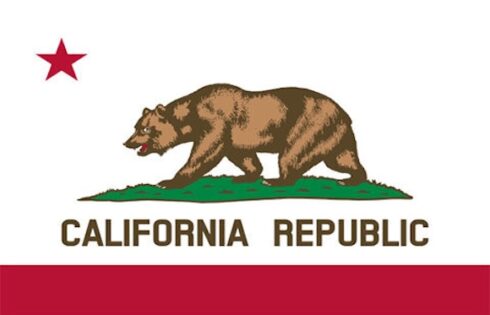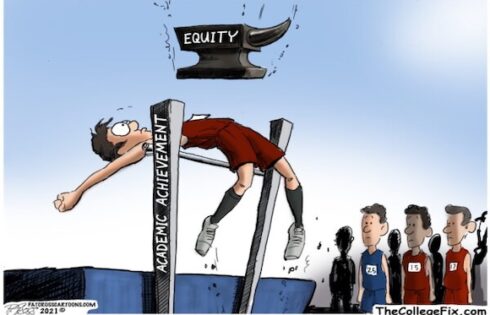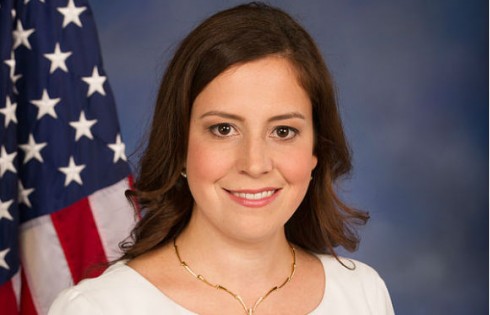
The academy, especially the progressive academy, just cannot stay consistent on its philosophy regarding race.
This isn’t a problem in and of itself, certainly; the academy exists — or should exist — for a rigorous debate on such matters. The problem arises when self-appointed racial guardians start chastising and reprimanding others for not possessing the “correct” view(s) on the subject.
Which happens a lot these days.
A current situation at the University of Oklahoma is a perfect illustration. A new hire in the Native American Studies Department, Gina Stuart-Richard allegedly is a sort of Elizabeth Warren/Rachel Dolezal analogue, a blog having reported that her Native ancestry is phony.
The OU Daily reports that Stuart-Richard says the blog’s allegations are false, but the professor adds “she is not an enrolled member of the band of Mississippi Choctaws, and has never presented herself as such, but is connected to the tribe through her ancestry and notes her affiliation with the tribe on her resume.”
The blog, “run by approximately eight Native Americans,” questioned the professor’s ancestry shortly after her hiring in May. It said Stuart-Richard “isn’t an enrolled member of the tribe, nor does she have any ancestors who were members of the tribe.” It culled its information from Ancestry.com, Familysearch.com, and U.S. census records.
Stuart-Richard stated she would not provide any info to the blog, noting “I don’t believe that my personal family history has any place on an anonymous blog.” OU Native American Studies Department Chair Amanda Cobb-Greetham said she doesn’t believe the blog’s allegations, but added if they were true “it would be serious.”
The OU Department of Human Relations’ George Henderson, author of Race and the University: A Memoir, chimed in saying “there are no pure races, which makes defining people by race arbitrary.”
“Race is a fiction of our imagination,” he adds, “and I underscore pure because we are the composite of many different racial groups or peoples.”
It … is??
Henderson, who is African American, said. “There are no pure races, but there are pure racists. People who believe in the fiction of race and believe that they are superior to others in that fictional belief.”
Henderson, who’s been at OU since 1967, said race is still an identifying factor at OU — despite it being fictional — so there’s still the the stigma that people act “too much” like a certain race or “too little” like their own. The hiring of Stuart-Richard only exemplifies the issues of identity: To some she’s seen as not Native American enough to claim her tribe.
To Henderson, the concept of race and how people identify with it is a touchy subject, but it shouldn’t be. Instead of focusing on differences, people should be focusing on how they treat one another.
“I find the interaction with people who have different compositional backgrounds more meaningful to me, and a common denominator for me is to treat them fairly — to treat them in ways that they deserve — with dignity, respect and to have opportunity to succeed or fail based on their ability, not their race,” Henderson said.
The aforementioned Rachel Dolezal might agree with Henderson, but many of her detractors certainly would not. Nor would numerous academics out there who chide the “color-blind” philosophy.
Take Duke’s Eduardo Bonilla-Silva, for example. He once delivered a lecture titled “The Color of Color-Blindness: Whites’ Race Talk in ‘Post-Racial’ America” the bulk of which revolved “around the examination of ‘color-blind racism’ or whites’ race talk in the contemporary period.”
And what about Purdue’s Management 301 course where students are told the phrases “There is only one race, the human race” and “America is a melting pot” are microaggressions?
The University of California system’s statement on microaggressions mirrors that of the Purdue course (it offers others, too, like “When I look at you, I don’t see color”), and includes the suggestion “that publicly approving of race-neutral admissions policies is a microaggression.”
So … how does the contemporary student cope with these contradictions? If you follow Henderson’s view, folks like Bonilla-Silva will think you are a racist. If you believe as Bonilla-Silva, you’re at odds with folks like Dr. Henderson.
The difference is, those in line with Henderson aren’t likely to denounce opponents as a racist since, I’d wager, Bonilla-Silva’s view is the much more dominant on college campuses … especially in the humanities.
Read the full OU Daily article.
MORE: Conservative black journalist counters narrative pushed by campus race baiters
MORE: Intellectual diversity is ‘white supremacist bullshit,’ professor says at race conference
Like The College Fix on Facebook / Follow us on Twitter
IMAGE: Shutterstock






Please join the conversation about our stories on Facebook, Twitter, Instagram, Reddit, MeWe, Rumble, Gab, Minds and Gettr.